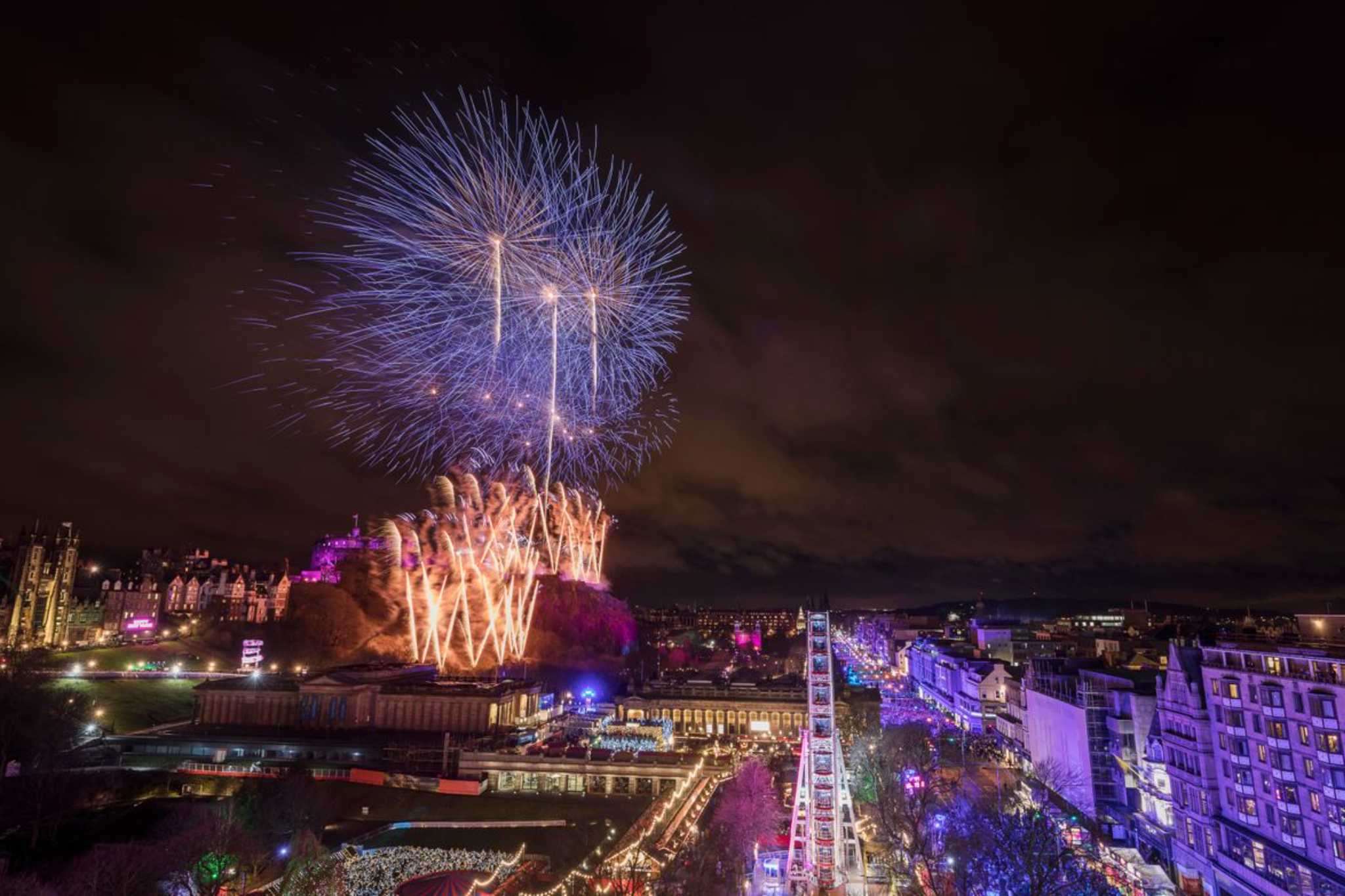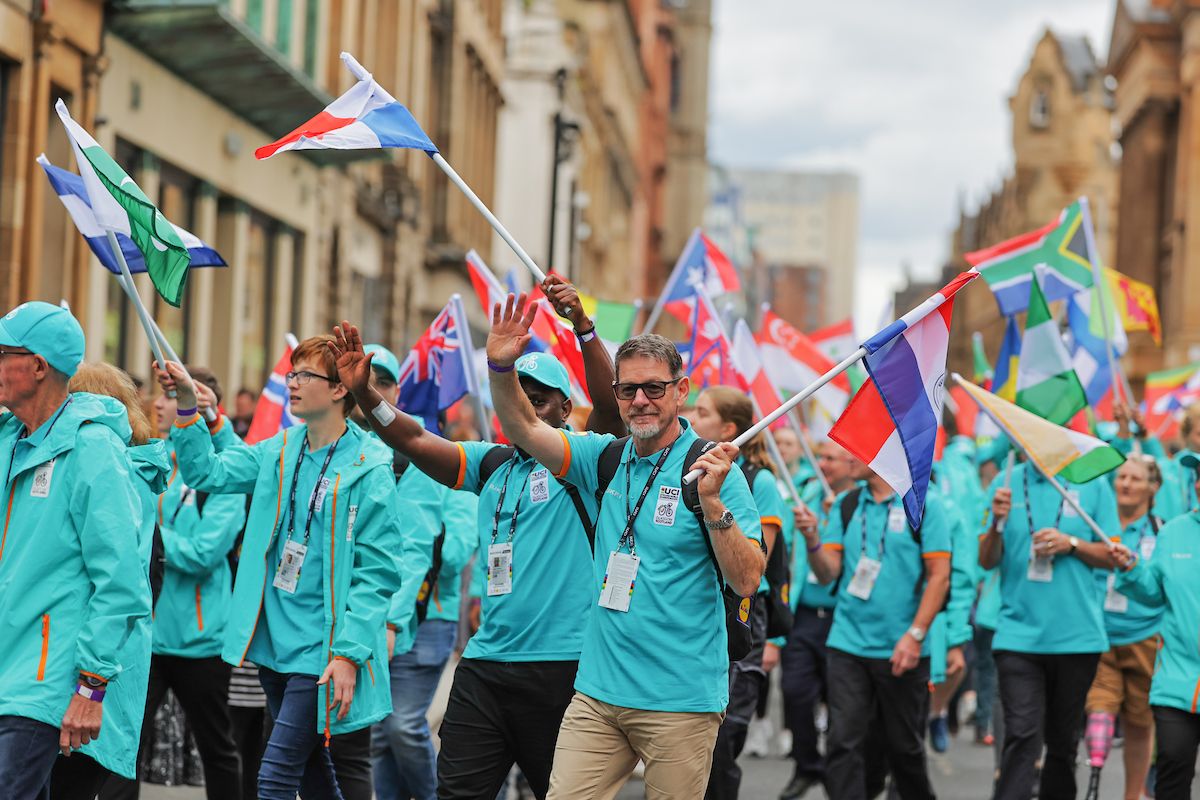
Hogmanay fireworks
© VisitScotland / Kenny Lam
Although not a legal requirement, it is best practice to document your approach to planning, managing and assessing event risks. By doing this, you show to everyone involved in the delivery of your event that your event is trustworthy and reliable.
The level of detail in your documentation should be proportionate to the scale, nature and activities of your event. Most events should create an overarching Event Management Plan (EMP) – sometimes called an Event Safety Plan – which acts as the primary reference point for key partners and for your workforce. Where relevant, you might need additional documentation such as a Crowd Management Plan alongside your EMP and ongoing Risk Assessments.
If you are new to event planning, the guidance signposted below explains how to approach developing an Event Management Plan and supporting documentation.
Your EMP may include the following plans:
- venue/site/zone layouts
- traffic management
- medical
- fire management
- security deployment
- showstop procedures
- crisis communications
- vulnerable adults & children procedures
- contingencies for major or mass casualty incidents
Some health and safety issues may require specialist technical knowledge that your team may not have in-house. In these cases, you should seek competent external advice from qualified subject matter experts to develop your plans and ensure your event meets current regulations, applicable laws, industry standards and best practice.
These specialists can also provide guidance on risk assessments, planning and control measures to help keep staff, contractors and attendees safe.
Your local authority may be able to suggest potential contractors, or you can look around on industry networks, publications and Linkedin.




